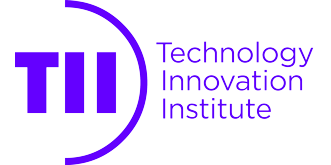5G networks employ novel networking paradigms such as the incorporation of massive Machine-Type Communication (mMTC) which enables Internet of Things (IoT) networks. These IoT networks have a wide range of applications, including military and security applications but are often neglected in terms of security and privacy. These security vulnerabilities can be hard to tackle since the distributed nodes in IoT networks are usually constrained by limited energy and processing capabilities. As such, employing conventional and complex data security mechanisms represents a challenge to IoT nodes due to the induced complexity and high energy consumption.
Physical-layer security schemes are characterized by their abilities to enable secure transmissions without reliance on computational complex systems and are therefore suitable to secure IoT network communications. Furthermore, security mechanisms that reach sufficient levels of security are also of interest to general applications of Beyond 5G/6G network communications.
This workshop aims at soliciting high-quality research articles that aim at enhancing security and privacy through the exploitation of physical layer parameters. These includes the proposals and investigations of physical-layer security mechanisms that can be applied to Beyond 5G/6G and IoT networks.
Potential topics of this workshop include but are not limited to the following:
• Physical-layer methods for secrecy and privacy for Beyond 5G/6G and the IoT networks
• Physical-layer security in co-located and distributed massive MIMO
• Physical-layer methods for secret key generation
• Secure transmission using Physical Layer Characteristics at mmWave and THz frequencies
• Integration of physical-layer security into full duplex systems
• Secure orthogonal and non-orthogonal connectivity for massive numbers of devices
• Energy-efficient and low-overhead physical-layer secure transmission
• Physical layer security techniques for eMBB, mMTC, and URLLC applications
• Prototype, testbed, simulation, and performance evaluation of physical layer security schemes
• Wireless, biometric, and physical unclonable functions PUF)-based authentication
• Private information retrieval PIR)
• Covert and stealth communications
Technical Sponsorhip
This workshop is technically co-sponsored by the NATO SPS PHYSEC project (Developing Physical-Layer Security Schemes for Internet of Things Networks).
















